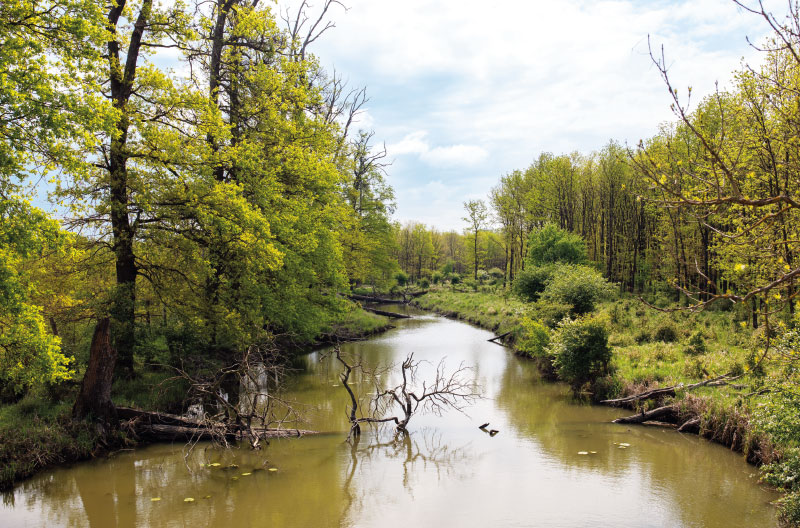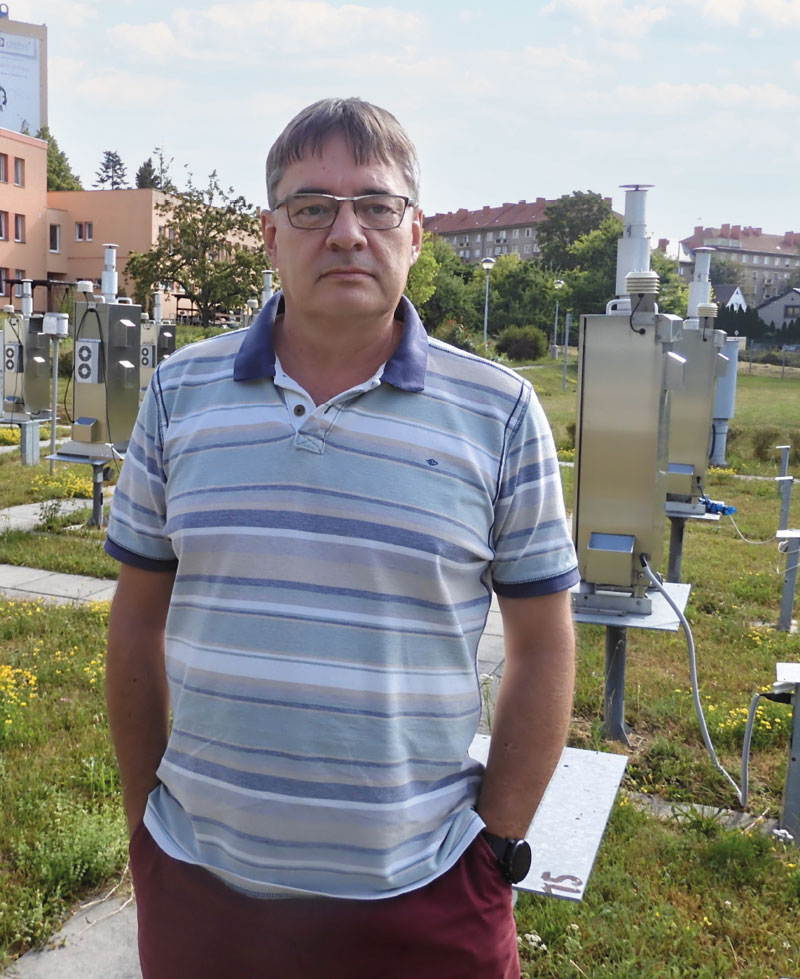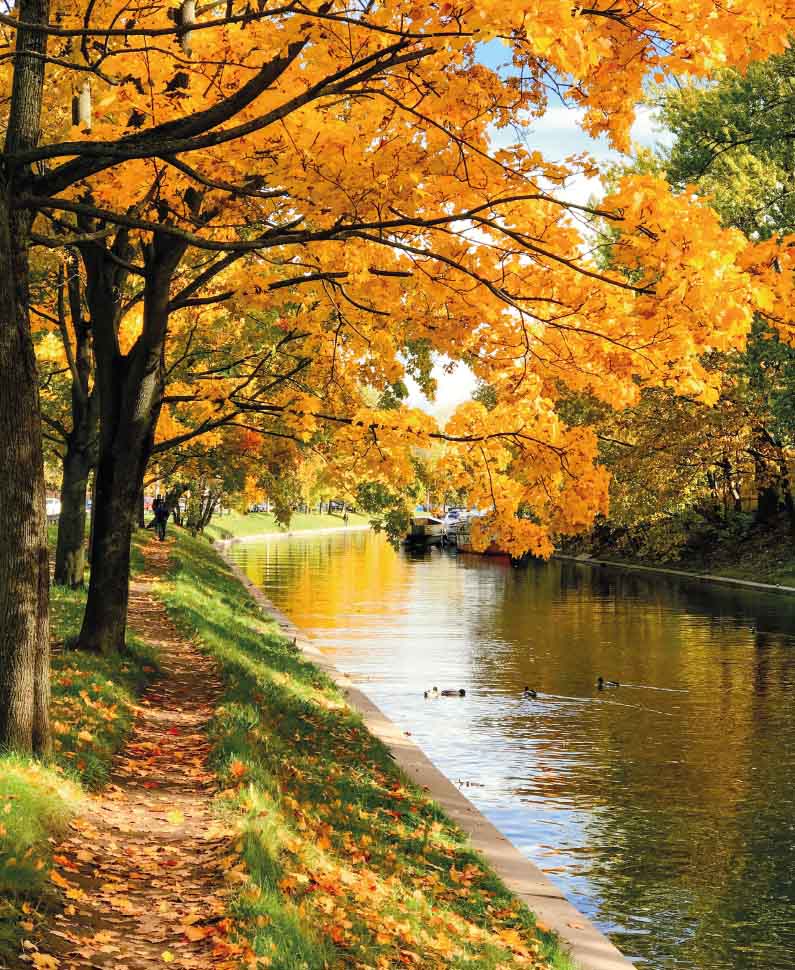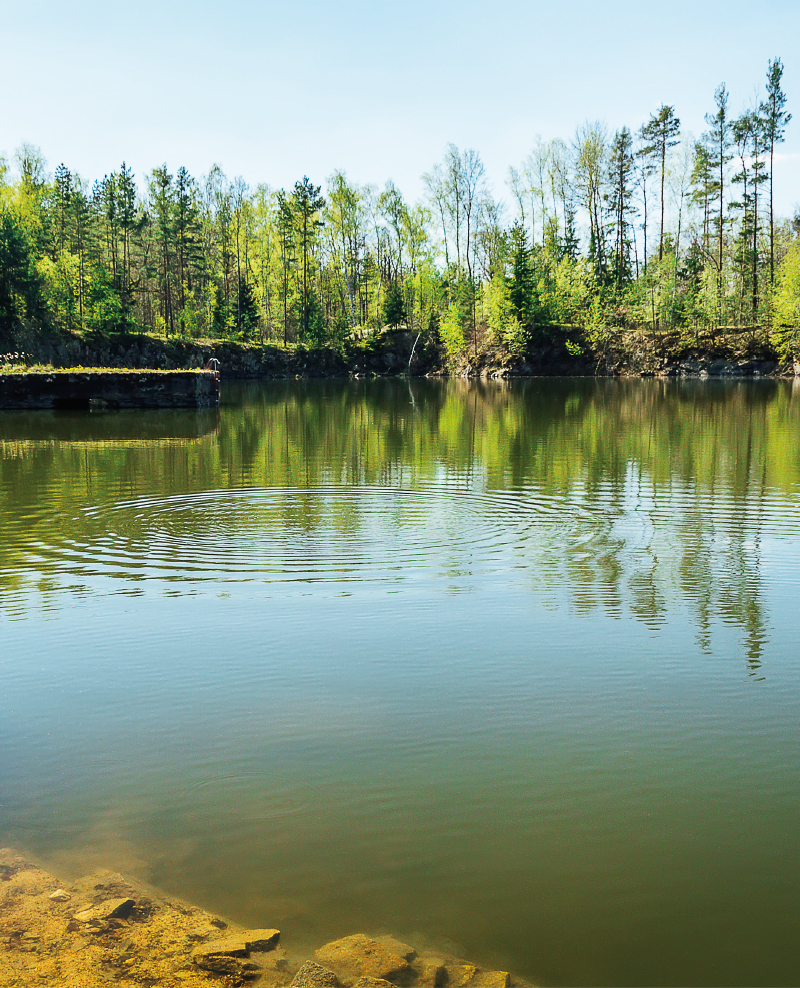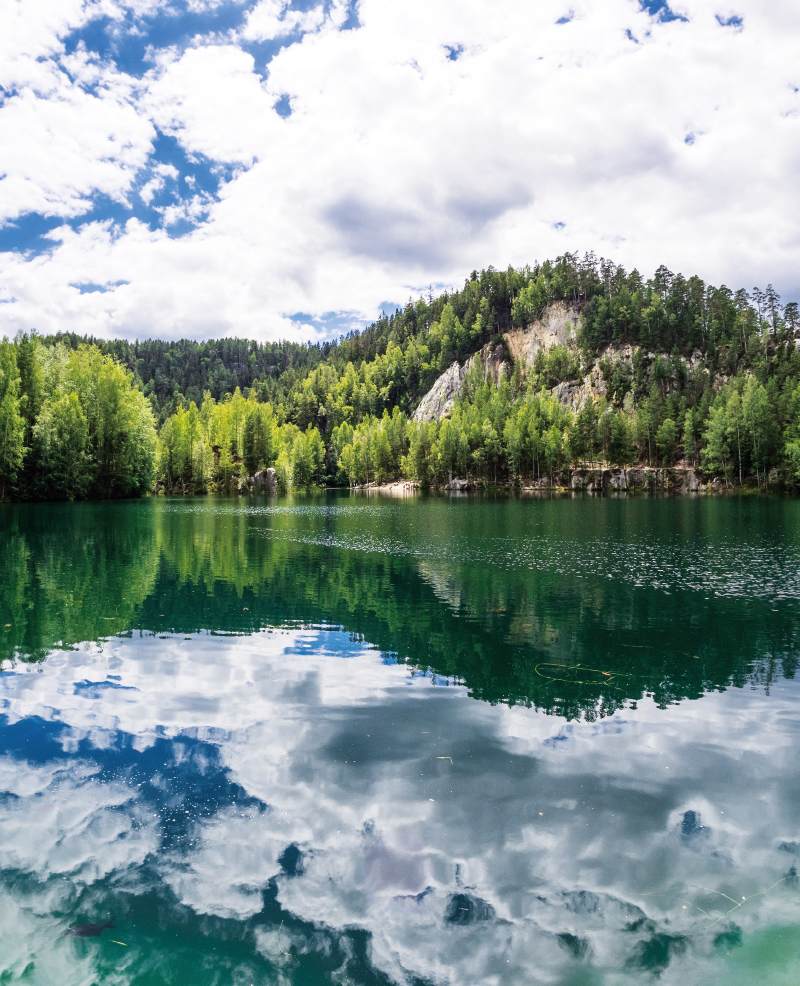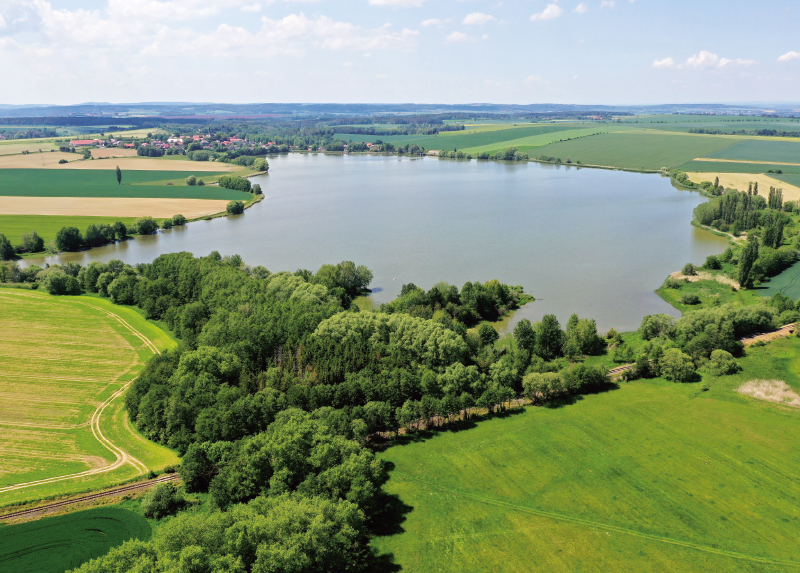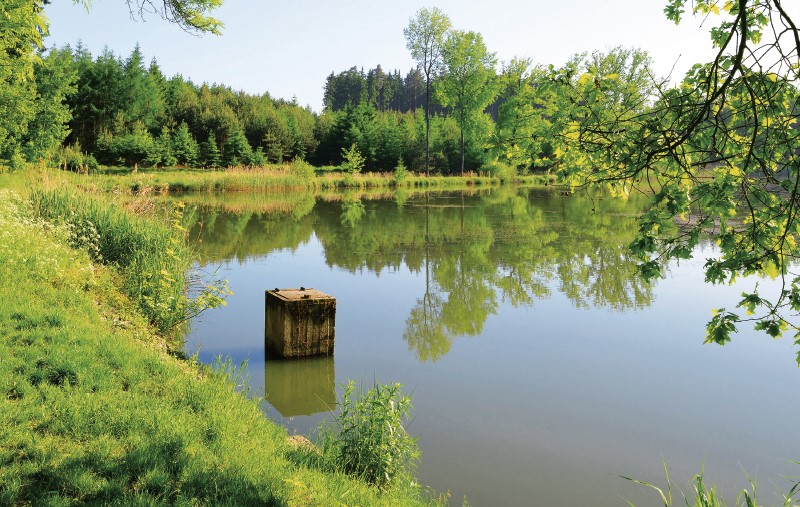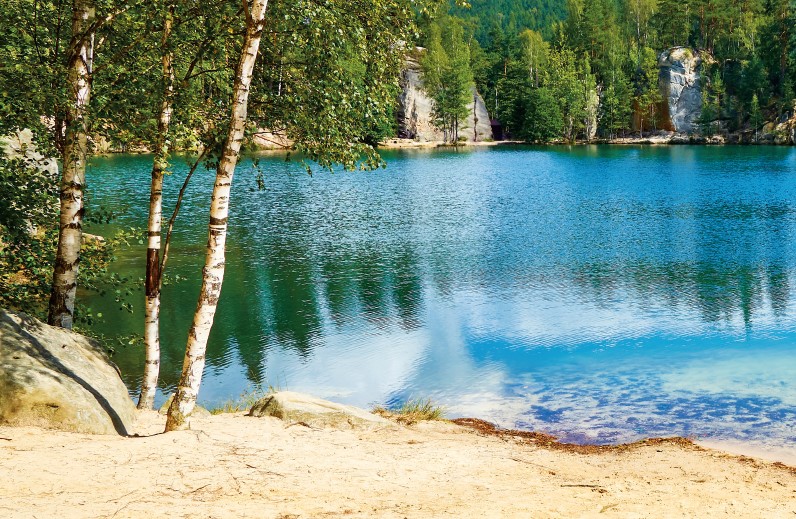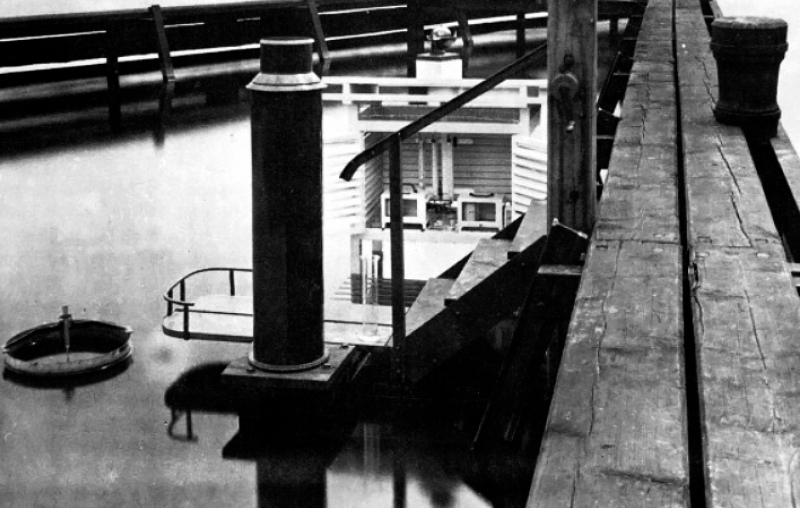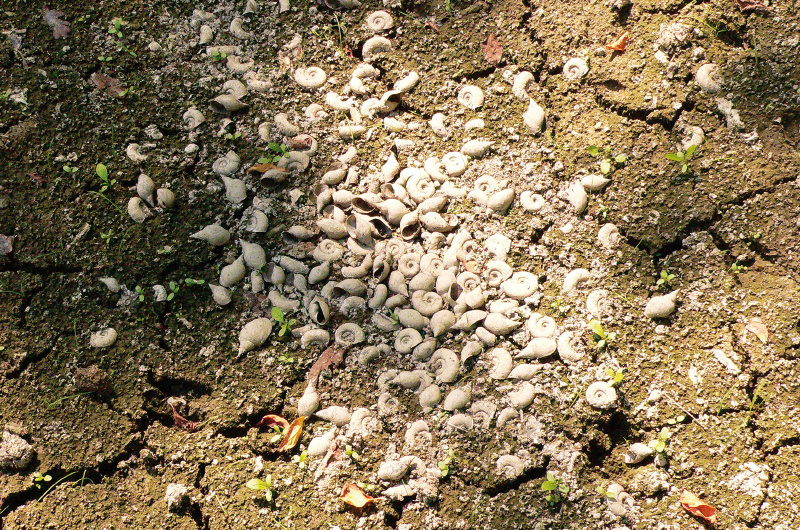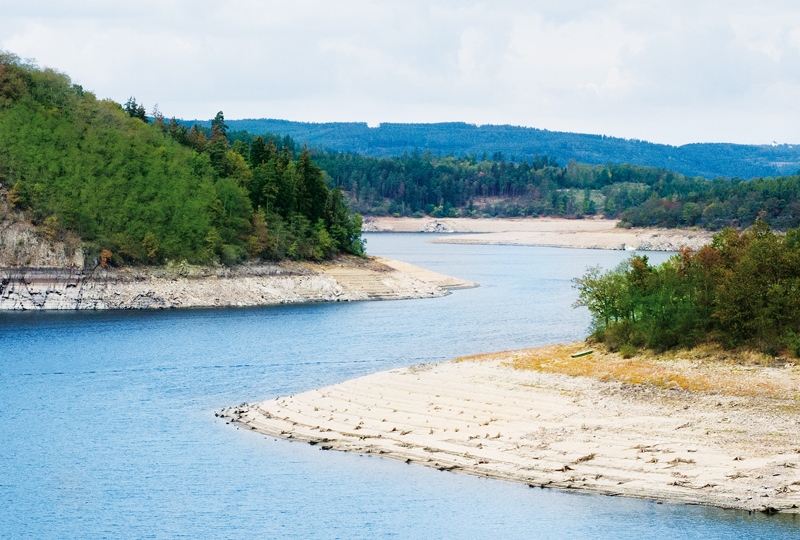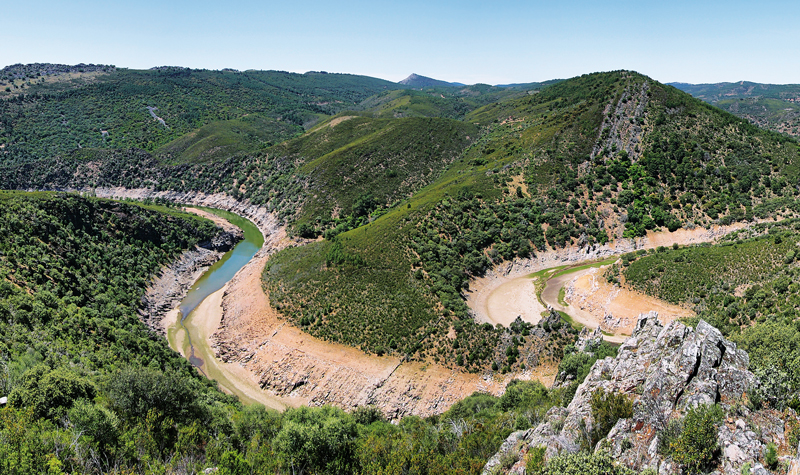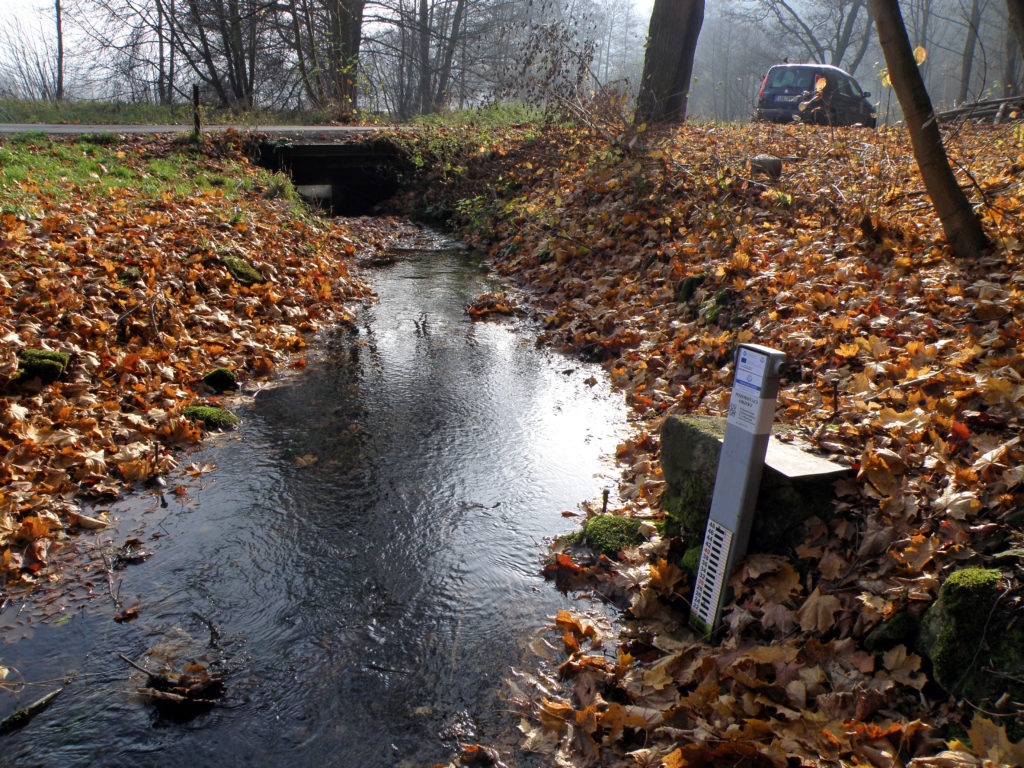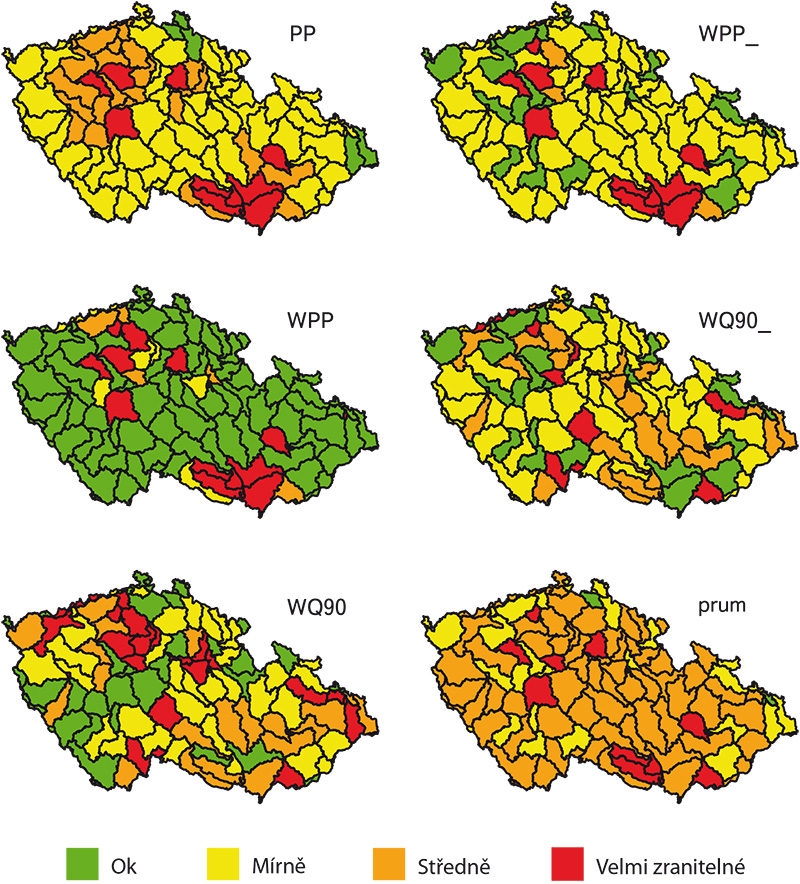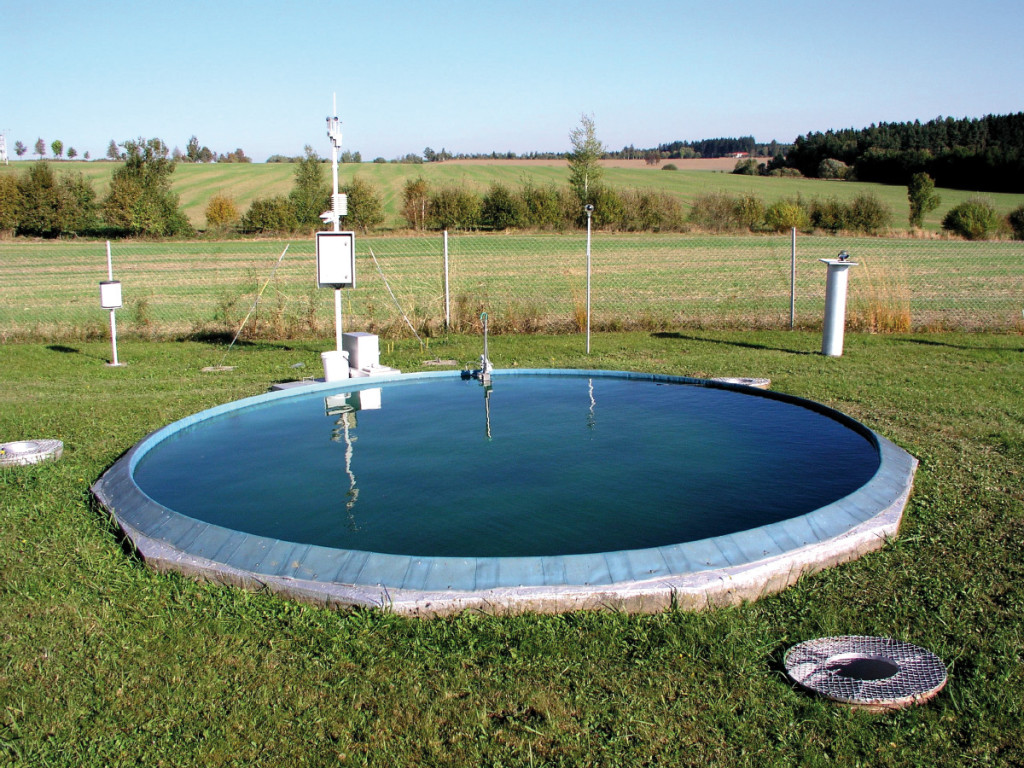Danube Regional Water Lighthouse
Accessible and high-quality water is a natural resource essential for life, well-being, and social prosperity. After decades of intensive exploitation, pollution and socio-economic pressure, Europe’s freshwaters and seas are at risk of degradation. This has to be seen not only as a potential dramatic loss from an economic point of view, but also it means unpredictable ecological, social, and cultural damage. The European Commission has responded to this challenge by creating the research and innovation mission Restore our oceans and waters; with a 2030 target, the aim is to provide a systemic approach for the restoration, protection and conservation of oceans and freshwater. In 2022–2025, a development and pilot phase has been underway, during which four so-called Mission Lighthouses were launched. “The Danube Regional Water Lighthouse Action” (DALIA) aims to significantly contribute to the improvement of the state of the Danube basin; it is financed by the European Union under the Horizon Europe programme with a total subsidy of € 8,499,236. The basin is home to almost 80 million people and extends over 19 European countries, which is exceptional even on a global scale.
Direct monitoring of water vapor from the free water level of the Vavřinecký pond and its influence on the hydrological balance
With increased average air temperature, there is an increase in water vapour from a water surface. Between 2020 and 2022, evaporation from the water surface was observed with a floating evaporimeter at Vavřinecký pond in the Central Bohemian region. A floating evaporimeter monitors evaporation from the water surface along with basic meteorological quantities directly on the surface of the water reservoir, so its results should be more accurate than calculations based on data from nearby meteorological stations. The results show that in all three years evaporation exceeded precipitation by more than 100 mm between April and September. However, the issue of the influence of small water reservoirs on the hydrological balance is a very complex topic, where the assessment of negative and positive effects is not always black and white and requires detailed investiga-tion.
Interview with RNDr. Radim Tolasz, Ph.D., climatologist of the Czech Hydrometeorological Institute
Today, one individual cannot quickly mitigate the current impact of climate change that the entire world is facing by changing their behaviour. However, the promotion and spread of education is one of the main keys to making positive changes in a significant part of the population. In an interview for VTEI, the Czech representative in the Intergovernmental Panel on Climate Change (IPCC), climatologist RNDr. Radim Tolasz, Ph.D., from the Czech Hydrometeorological Institute (CHMI), describes further steps to mitigate the effects of climate change or, for example, his own first professional experience after 1980.
„Water Centre“
The research project of the Technology Agency of the Czech Republic SS02030027 „Water systems and water management in the Czech Republic in conditions of climate change“, whose guarantor is the Ministry of the Environment, tries to answer the question of whether we will continue to have enough quality water. Climate change and the associated drought, as well as human behaviour and demands threaten water, and solutions must be sought for the immediate future.
Impact of Teplice restoration on river basin runoff – preliminary results
As part of the project for the Ministry of the Environment of the Czech Republic dealing with the monitoring of the impact of nature‑friendly measures on improving the hydrological regime of small river basins, the Teplice river basin in the White Carpathians has been observed. Monitoring has been taking place since 2018, the measures were implemented in 2020. Data are available for the time period before the measures were implemented and for the year 2021, on which it is possible to observe the impact of the implemented revitalization. The data show the fluctuation of the daily runoff from the river basin and its overall reduction, which is probably caused by increased evaporation from the newly formed water bodies and increased water infiltration into the underground zone. After evaluating the observed data, there was a visible reduction in the surface runoff from the basin, which may nevertheless also be caused by the low rainfall totals in 2021.
Hydrological balance in selected watersheds of the Czech Republic with focus on drought period 2015–2019
The contribution is aimed to the determination and assessment of a hydrological balance at selected watersheds in Czech Republic during the dry period 2015–2019. Hydrological balance was processed in gauging stations of watershed Blatný stream, Lomnice, Skalice, Žehrovka, Javorka, Cidlina, Botič and upper Sázava river using data from Czech hydrometeorological institute. Monthly, long-term monthly and annual values were calculated for precipitation, runoff and evapotranspiration. Results were compared across the selected watersheds and with long-term period 1981–2010. Runoffs from watersheds were compared with gauging average discharge of an entire observation period.
Preservation of drinking water demand from water reservoirs in climate change conditions
This study presents interim results of an evaluation of a potential climate change impact on the preservation of drinking water demand provided by water reservoirs in the timeframe of the year 2050. Hydrological and water sources and demands balance procedures have been applied, including modelling of the storage ability of water resources and water supply systems.
Research of ponds influence on hydrological regime
Ponds have been mentioned very often in recent years in connection with the prevention of negative consequences of drought. They are cited as one of a wide range of measures.
Update of empirical relationships for calculation of free water surface evaporation based on observation at Hlasivo station
Evaporation from free water surface is one of the essential components of water circulation in nature and significantly affects the overall water balance of the catchment. Due to the complicated direct measurement, it is often calculated from formulas that require available meteorological variables as input data.
Water loss by evaporation from free water surface
Evaporation from free water surface is one of the important factors affecting the total water balance of a catchment. Since direct measurement of evaporation is complicated, evaporation is in practice often calculated using formulas based on common meteorological variables.
Observation of vapor from the water surface in TGM WRI
Výpar z volné hladiny je jedním ze základních prvků hydrologické bilance. Jeho průměrná hodnota se v průběhu let mění vlivem postupující klimatické změny, stejně jako je tomu u dalších prvků hydrologické bilance.
River basin monitoring to assess the impact of nature-friendly measures
As part of the Drought project, a comprehensive monitoring of watercourses and land in their catchment areas was launched in the Czech Republic to assess the impact of the implementation of revitalization actions to protect against the effects of drought.
Hydrological balance and available water resource in the czech republic during hydrological drought
The article deals with the assessment of the hydrological balance in a monthly time step in the territory of the Czech Republic, which was divided into 133 sub-basins for the period 1981–2015.
Regionalization of deficit runoff volumes in the Czech Republic
The aim of the study is the regionalization of the Czech Republic with respect to drought characteristics in individual catchments.
Changes in the hydrological balance caused by climate change impacts in the Karlovy Vary district
In the Karlovy Vary district, areas with lack of drinking and industrial water were identified. Since 2015, in cooperation of TGM WRI, p. r. i., and state enterprise Povodí Ohře a project called „Increasing water resources availability in selected regions of Karlovy Vary district“ is financed
Identification of regions vulnerable to deficits in water resources in the Czech Republic
The article presents the applied methodology and description of the most important results achieved in the project.
Observation of evaporation and other meteorological variables in the station Hlasivo
Station that measures vapours Hlasivo near Tabor was built in 1957 and is the only base station that measures the vapours in the Czech Republic.
